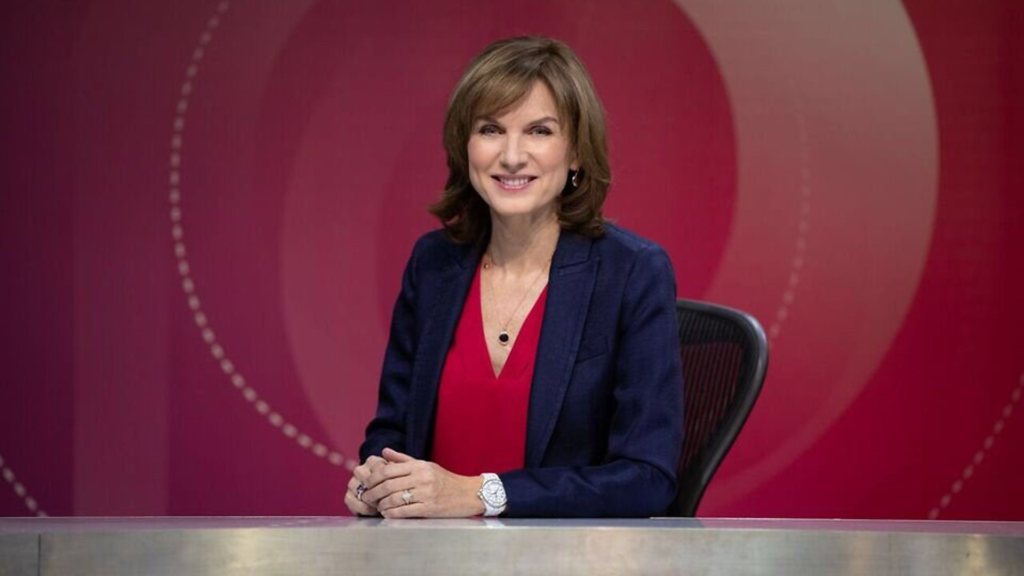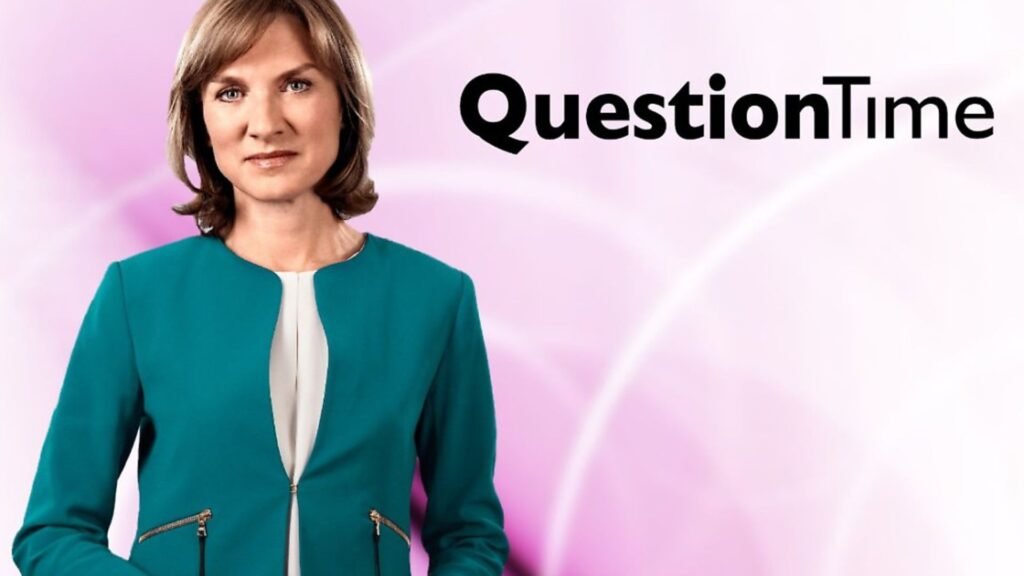“Question Time Tonight” has become one of the most anticipated and talked-about political debate programs in the UK. Broadcast live on the BBC, this weekly show brings together a panel of prominent political figures, experts, and public figures to discuss the most pressing issues of the day. With a format that encourages participation from the public, “Question Time Tonight” has earned a reputation for tackling controversial topics, providing insightful discussions, and offering a platform for both political leaders and ordinary citizens to voice their opinions. Whether you’re a regular viewer or new to the show, understanding the format, significance, and cultural impact of “Question Time” is essential for any fan of British politics.
A Brief History of Question Time
“Question Time” has been an integral part of British political discourse for decades. The program first aired in 1979, quickly establishing itself as a key platform for the British public to engage with their political leaders. It was initially created by BBC as a way to bring politics into people’s homes, allowing them to interact with the most important figures in the political world. Since its inception, “Question Time” has featured some of the most significant debates in British politics, with Prime Ministers, Members of Parliament, and political commentators often appearing on the panel.
The Format of Question Time Tonight
One of the defining characteristics of “Question Time Tonight” is its engaging and interactive format. The show typically features a panel of four to five guests who are well-versed in politics, current events, or specific areas of expertise. These panelists are often politicians, including cabinet ministers, opposition leaders, or backbench MPs, as well as political analysts, journalists, and celebrities with relevant political insights.
The audience plays a crucial role in the success of the show. Unlike many other political programs, “Question Time” invites a live studio audience to pose questions to the panelists. This interaction brings a sense of urgency and unpredictability to the discussions, with questions ranging from concerns about government policies to more personal inquiries about the panelists’ own political views and decisions.
The Show’s Cultural Impact
“Question Time Tonight” is not just another political debate show; it has become an integral part of British political culture. Over the years, the program has sparked national discussions on a wide range of topics, from economic policies to international affairs. The debates often resonate beyond the studio, as viewers from all walks of life engage in conversations about the issues raised on the show.
The program’s influence can be seen in the way that it shapes political discourse in the UK. Politicians often tailor their messages in response to the discussions and reactions that arise from episodes of “Question Time”. Additionally, the show has become a key platform for politicians to address public concerns, with many using their appearance on the program as an opportunity to engage with voters and address issues that matter most to the public.

How to Watch Question Time Tonight
For those interested in tuning into “Question Time Tonight”, the program is broadcast live on BBC One. It airs at a fixed time every Thursday evening, although the schedule can occasionally change due to major events or holidays. The show is also available for catch-up viewing on BBC iPlayer, allowing viewers to watch past episodes at their convenience. Many viewers also turn to social media platforms to engage with the show, sharing their thoughts on the discussions or following up on the latest debates.
FAQ’s
What is “Question Time Tonight”?
“Question Time Tonight” is a live political debate show broadcast on BBC One. The program is designed to offer a forum for political figures, journalists, and experts to discuss pressing issues facing the UK. A live audience is invited to ask questions, which sparks discussions among the panelists. The show often covers a wide range of topics, from political events and policies to current affairs, social justice issues, and international relations. It aims to engage the public in political discourse while holding leaders accountable for their decisions.
Who hosts “Question Time Tonight”?
Since 2019, the show has been hosted by Fiona Bruce, a respected journalist with extensive experience in political reporting. Bruce took over from David Dimbleby, who had hosted the program for over two decades. Fiona Bruce’s professional demeanor, journalistic skills, and ability to manage live debates have helped maintain the show’s reputation for providing insightful political discussions.
Why is “Question Time Tonight” so popular?
The popularity of “Question Time Tonight” can be attributed to its dynamic format, engaging discussions, and ability to tackle pressing political issues. The live audience and unpredictability of the debates ensure that each episode is different, and viewers can expect to hear a wide range of perspectives. The inclusion of ordinary citizens in the debate also ensures that the show remains relevant and representative of the wider public.
What are some memorable moments from “Question Time Tonight”?
Over the years, “Question Time Tonight” has been home to many memorable moments. From fiery exchanges between politicians to dramatic revelations and public confrontations, the show has captured some of the most significant moments in British political history. These include debates about Brexit, national elections, and major social issues like the NHS and climate change. The panelists’ responses to tough questions from the public have often become talking points in the media, highlighting the show’s importance in shaping political discourse in the UK.
When does “Question Time Tonight” air?
“Question Time Tonight” airs every Thursday evening at 10:35 PM (UK time) on BBC One. The program typically lasts for an hour, but this can occasionally vary depending on the nature of the debate. If you miss the live broadcast, you can watch the episode later on BBC iPlayer, which allows viewers to catch up on past episodes at their convenience.
To Conclude,
“Question Time Tonight” remains one of the most influential and engaging political debate shows in the UK, offering a platform for both politicians and the public to engage in meaningful discussions about the issues that matter most. Through its interactive format, diverse panelists, and challenging questions from the audience, the show fosters political accountability, facilitates public discourse, and educates viewers on the complexities of national and international issues.
To read more, Click Here

